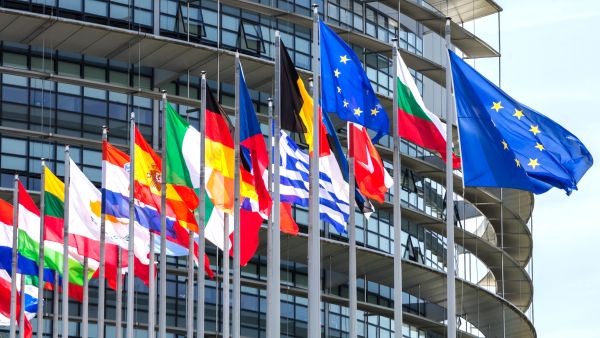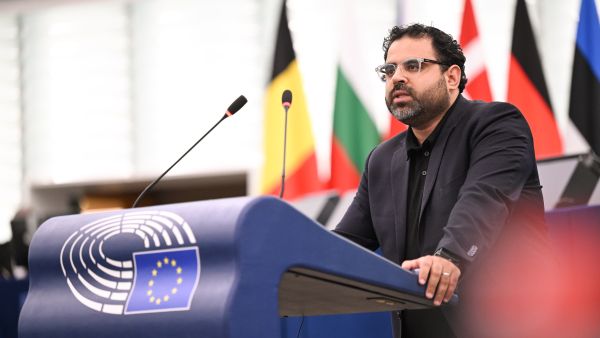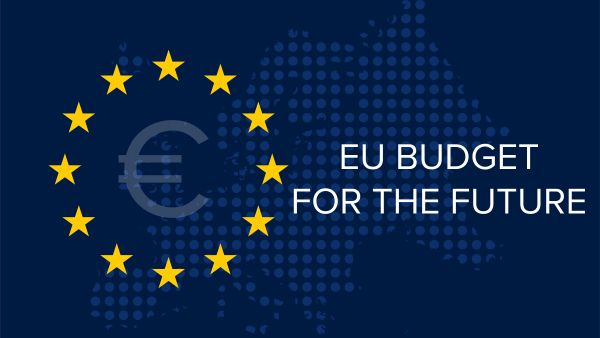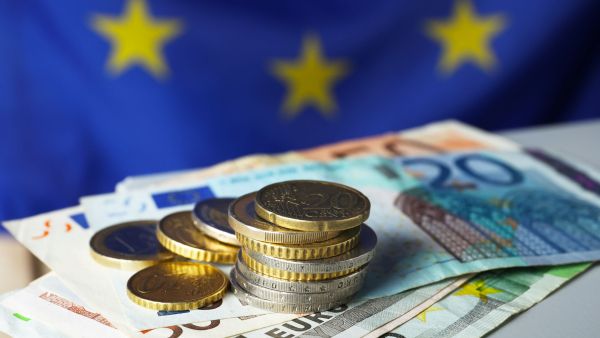"The EU must explore all options to deepen the Economic and Monetary Union and make it more resilient, conducive to growth and job creation".
This is one of the key recommendations of the report drafted by S&D Euro MP Pervenche Berès and adopted today by the economic and monetary affairs committee.
The report is the European Parliament’s position on the 5 president's report* due to be discussed at the next EU head of states and governments' meeting on 25 June.
The head of the French socialist delegation, Pervenche Berès, said after the vote:
"EU governments must use the momentum to build a stronger EMU and correct its design problems.
"A genuine European economic policy cannot just be the sum of 28 national policies.
"We need a global approach based on a common fiscal target to assess spill-over effects and prevent economic imbalances between member states.
"More flexibility in the interpretation of fiscal rules is also required to increase investment.
"Structural reforms - which have often served as an alibi to deregulate labour markets - should on the medium and longer term have positive economic, social and environmental returns.
"There is no other way for Europe to converge again."
Among the proposals set out in the report are:
- Enhanced democratic accountability though the adoption of convergence guidelines under co-decision and an interinstitutional agreement for the role the European Parliament within the European semester. The report also calls for more accountability in the Eurogroup's decision-making process, including strengthening the role of the Commissioner for Economic and Monetary Affairs and the creation of a European Treasury Office;
- The EMU must be based on a strong social dimension. This means respecting the right of collective bargaining, a stronger coordination of social policies and the introduction of a minimum wage/income in all EU member states;
- The inclusion of a fiscal capacity for the Eurozone based on own resources;
- Completing the Banking Union;
- The inclusion of the European Stability Mechanism (ESM) and the Treaty on Stability, Coordination and Governance (TSCG) into the Union and Community law;
- An increased external role of the euro area.
*president of the European Commission, the president of the European Council, the president of the European central bank, the president of the Eurogroup and the president of the European Parliament.








